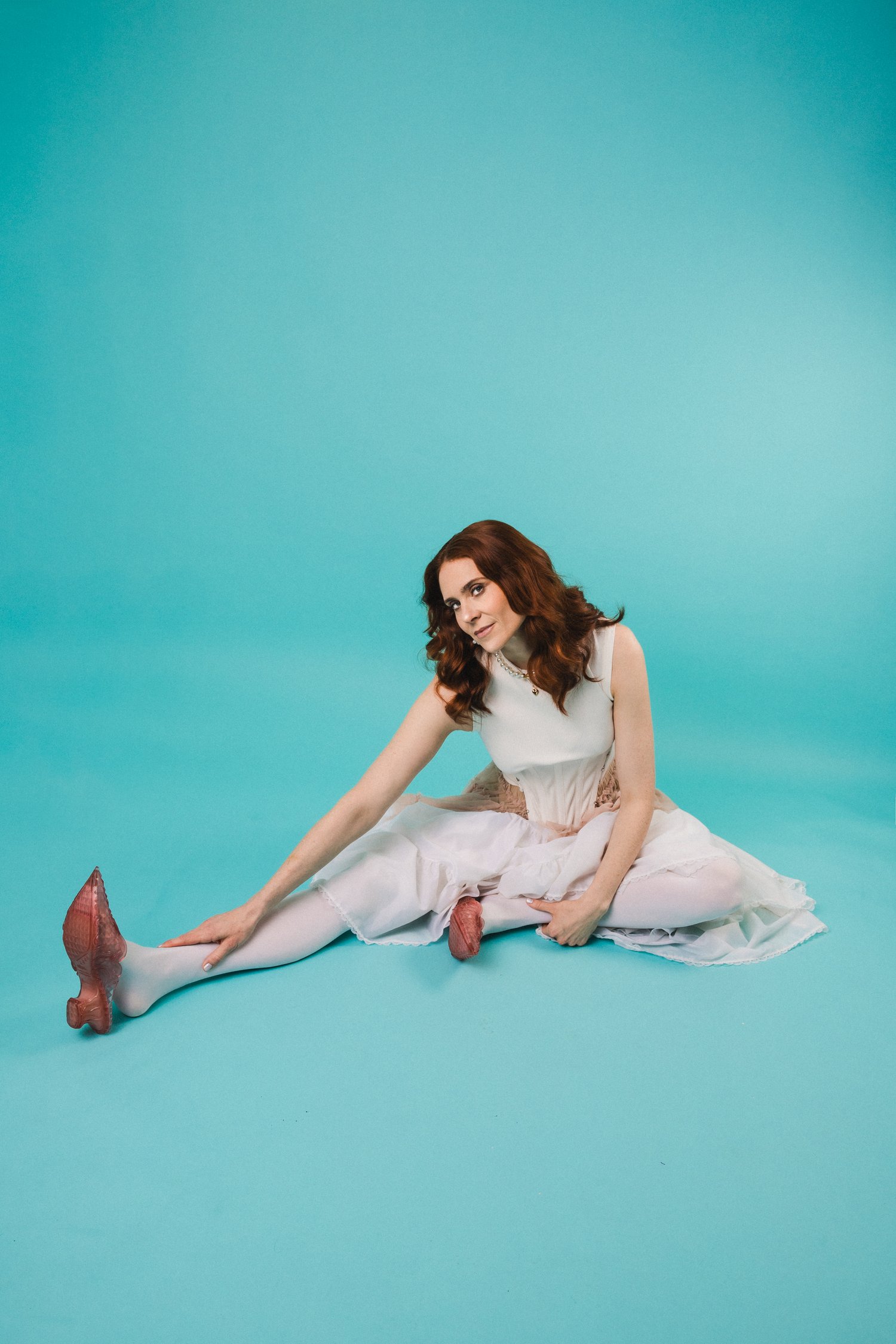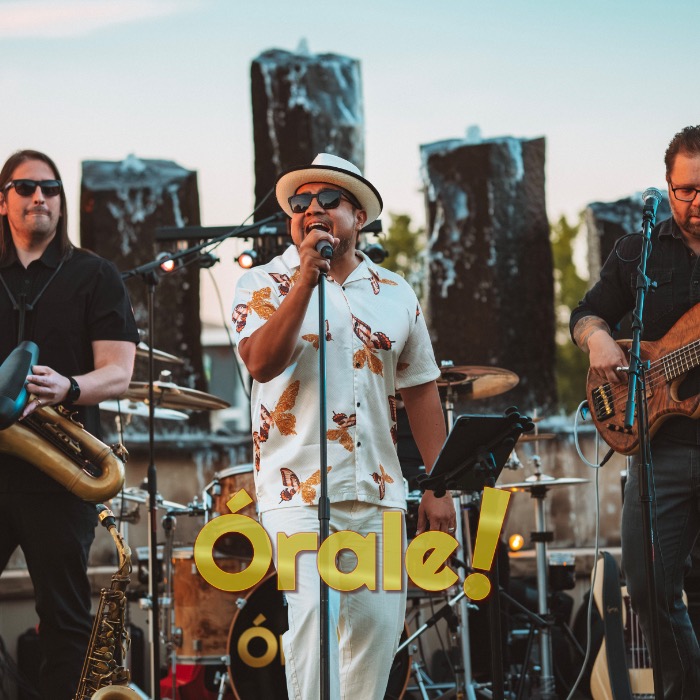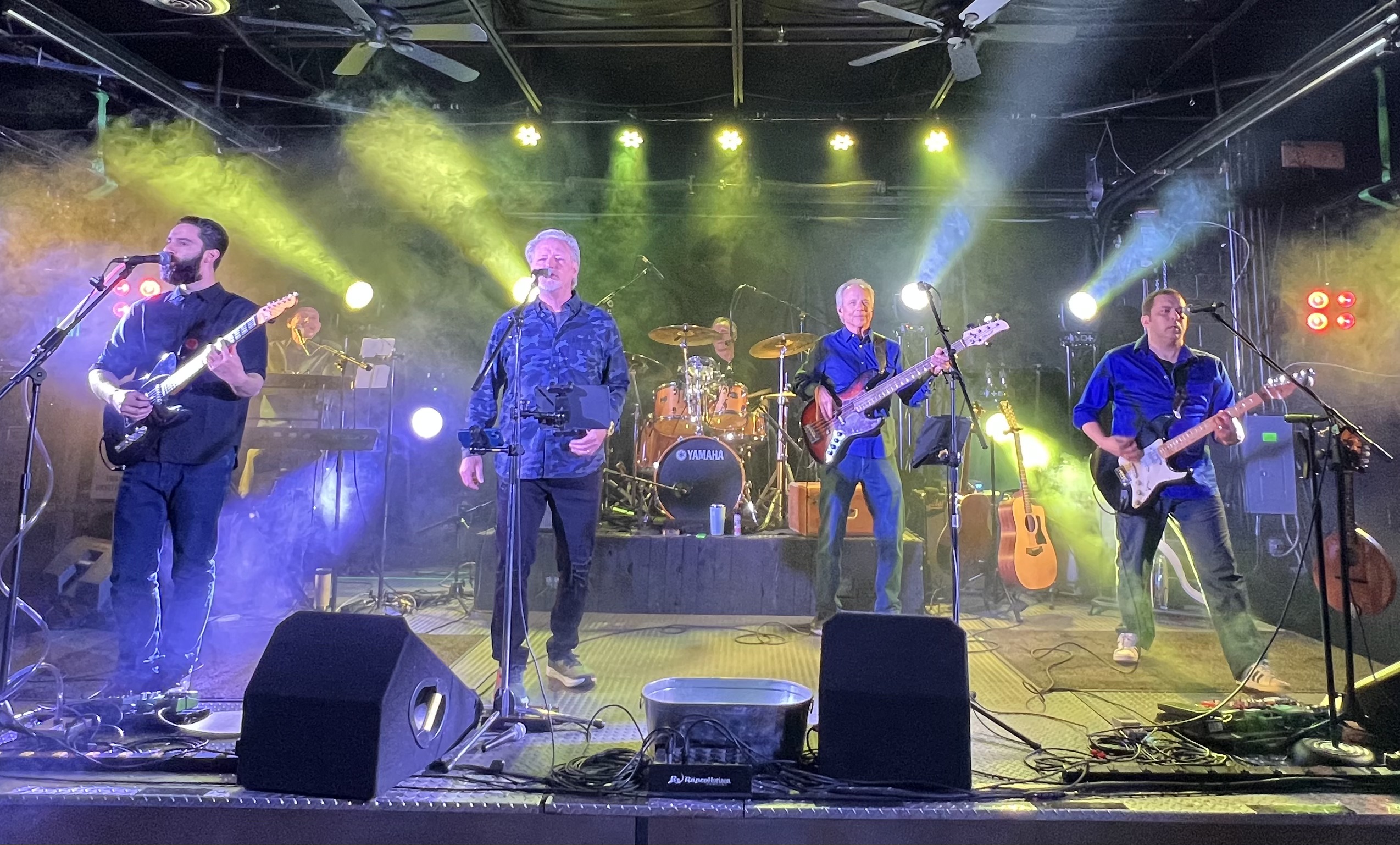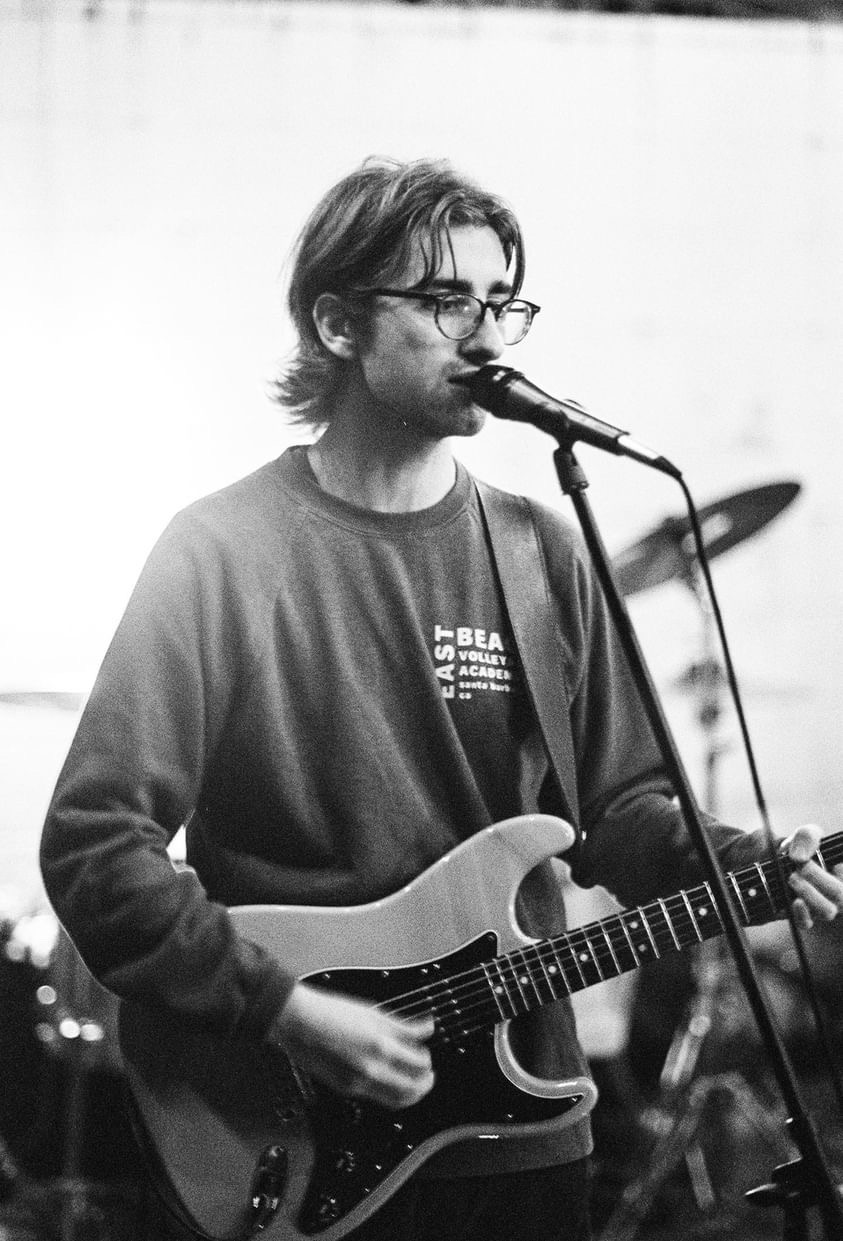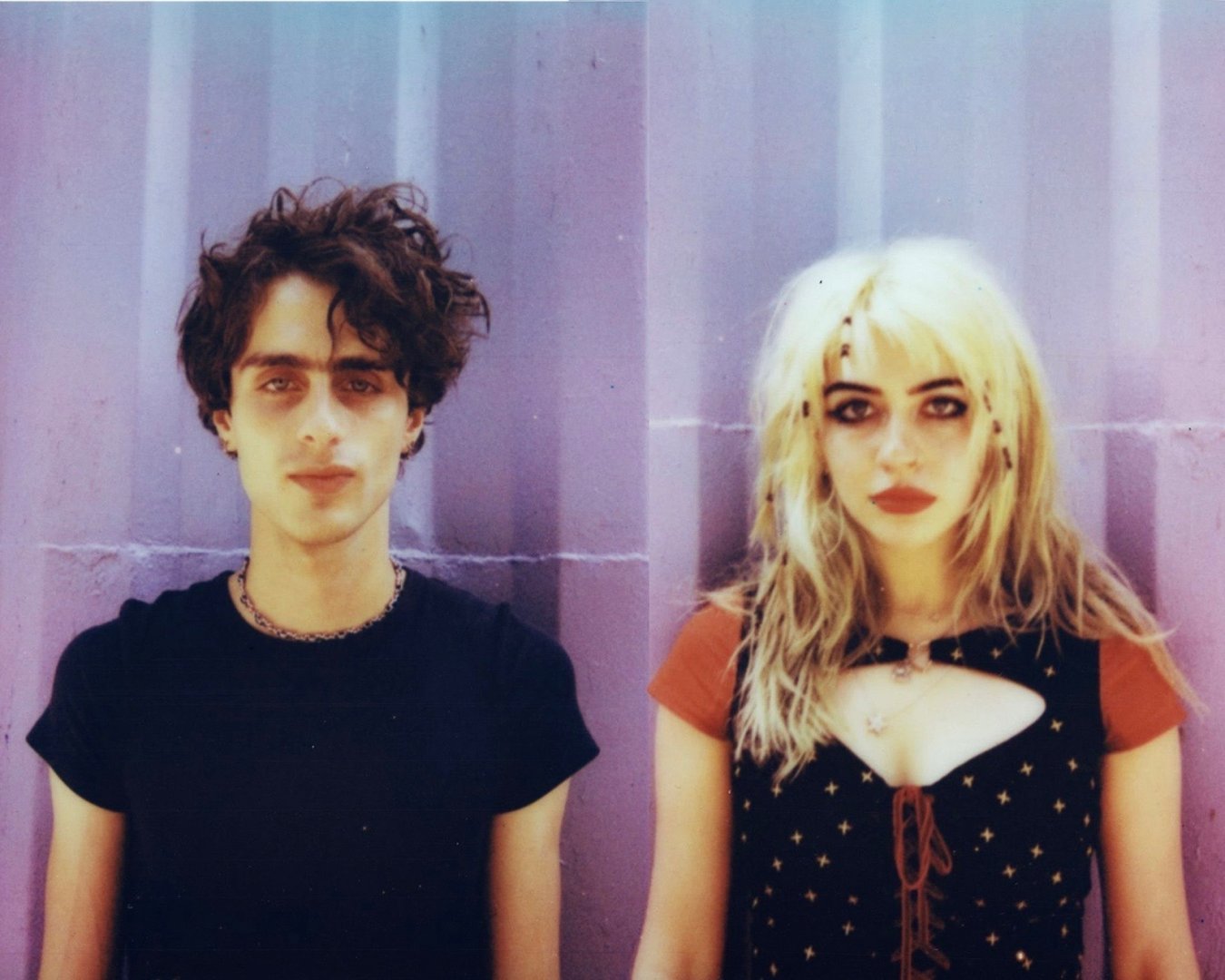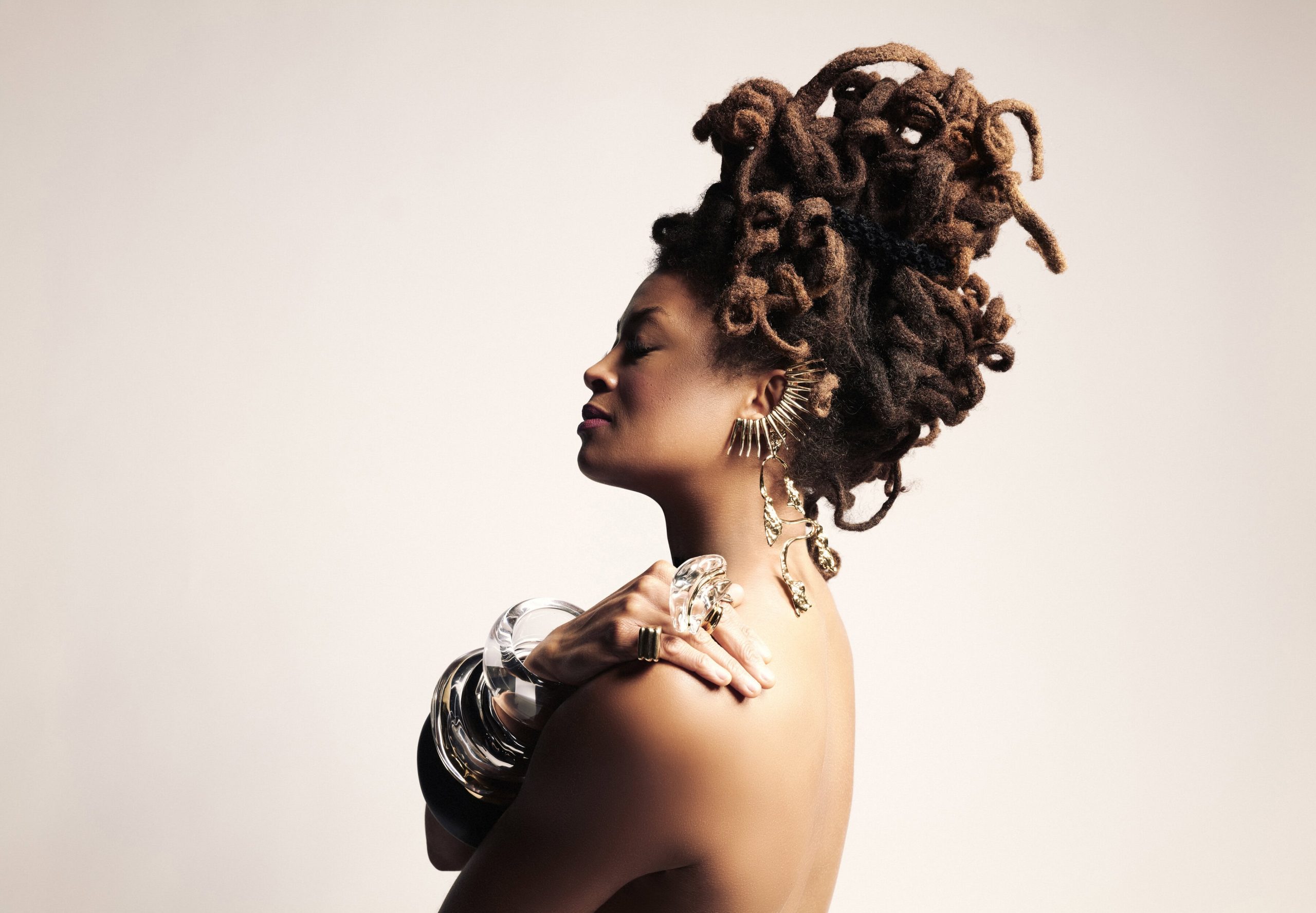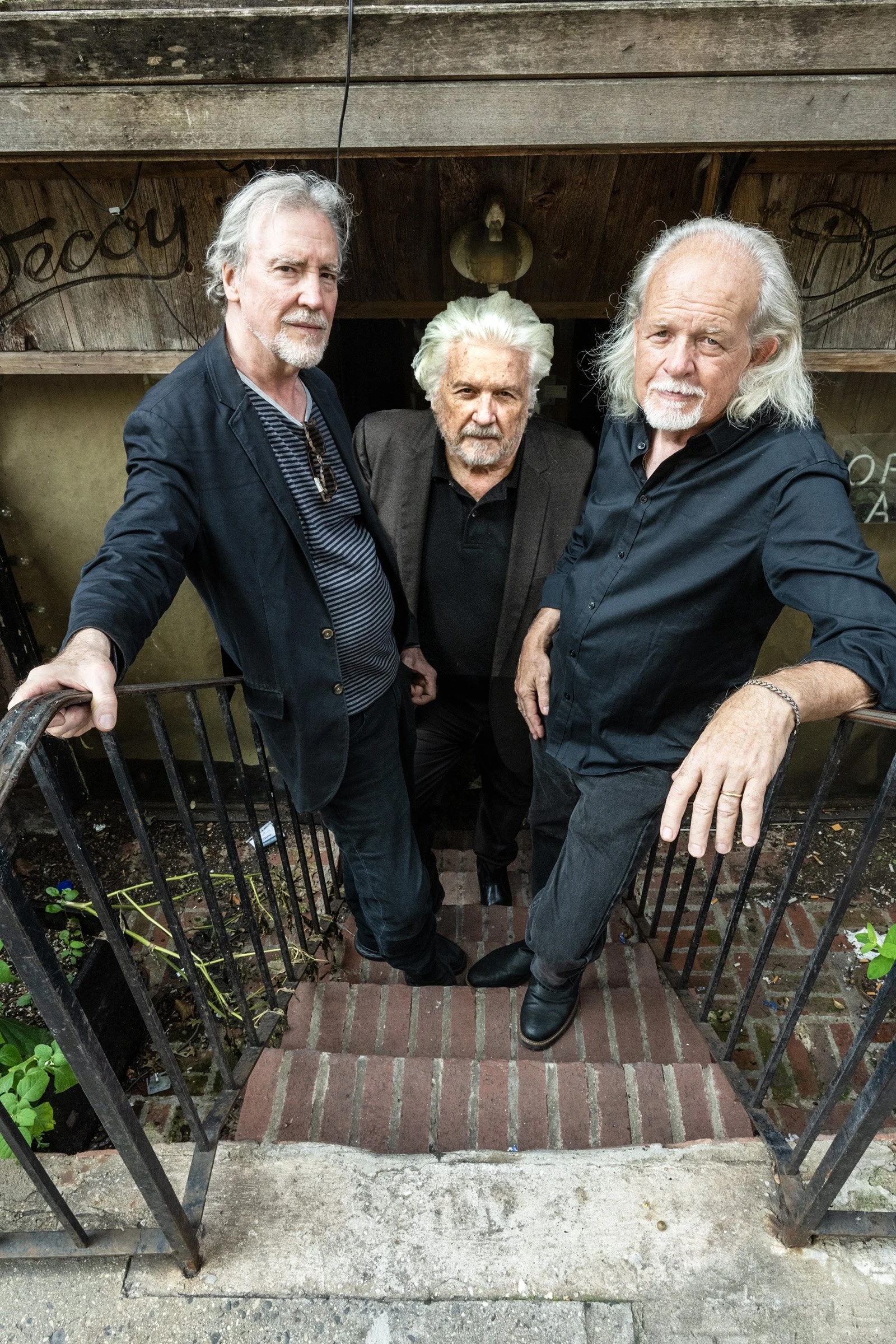
That moment of the album's creation was fuelled by two things; her work on Only Gold and a global pandemic that curtailed filming on the fourth season of GLOW and sent Nash – and everyone – into a tailspin. After a period of laying bed watching zombie movies, creativity started to arrive in the autumn and winter of 2020, with songs being worked on well into 2021. Having worked with Danish producer Frederick Thaae on her musical, they quickly reconnected to start work on 9 Sad Symphonies. “We were in this completely different landscape for writing songs [on the musical], which was completely freeing,” Nash explains. “I was writing for a story, I was writing about a King and a Queen and a proper story arc. In that world you need the audience to understand the songs immediately, it's very direct, and it has lots of editing which I'd never done. It changed my outlook on songwriting. Also, we said at the beginning that we wanted to make something beautiful, nothing harsh. I've done a lot of harsh stuff before. We wanted loads of beautiful string arrangements.”
These melodic, bright-on-the-surface but deeply layered songs started to emerge out of creative scenarios that had been completely changed by the pandemic. “We were on Zoom, which was... challenging,” she laughs. “We discussed ideas and then we'd hang up on Zoom, go away for three hours, or Frederick would send me the small thing we'd started, then I'd start writing and doing melodies and lyrics, and he would do production, and then we'd meet up on Zoom later.” Slowly the songs started to evolve, their unusual creation adding intriguing problems to try and overcome. “We'd get stuck a lot but you just had to let the stress go and come back to it. It's a different version of the album to the one we would have made normally.”
The album's curtain raiser, Millions of Heartbeats, sets out the album's lyrical themes perfectly. “It's about that point in the pandemic where I had lost my spark for life,” she says. “And I'm a pretty sparky person, so it was really sad to me.” She references the lyric “the spark is lit at such a low flame” as a crucial moment. “I felt like I lost a part of myself. I didn't know how to get it back.” As with all of the songs on the album, it's not just about one thing, however. “I think it also sums up a lot of how I feel about how people act in the world right now. Am I a number or am I a person? What are we trying to be right now? I'm a human being. But we're so quantifiable and packaged and everyone is a brand. We're in this capitalist explosion and I feel the effect of it in a way I've never felt before.” But it's also a song that, by its end, flickers with a light that can't be completely put out. “At the end of the day, the world is beautiful, there are all these heartbeats out there, and there is hope,” she says with a smile. “We have to try! You can't fucking give up. This song is a sign of what's to come – there's going to be darkness and depression but we'll get to hope by the end.”
A rare guitar appears on Ray, which delves deeper into mental health struggles, detailing depression and anxiety. It's a theme Nash is keen to share with her fans in a typically honest manner. “It's natural for an artist to write about emotions and feelings and darkness,” Nash says. “Also a lot of my fans suffer from depression too and I noticed it more when I was doing my livestream chats over lockdown. Not talking about it is not the solution. Being open and creating that community within my fanbase is really important.” It's one she's fostered not only via the Kickstarter campaigns that funded Girl Talk and Yesterday Was Forever, but also her Patreon account which she used in the pandemic to connect with her loyal fans via livestreams.
That darkness also weaves through Misery, which marries a propulsive string arrangement and a buoyant beat to lyrics that try to outrun the emotion of its title, while the livid My Bile is an emotional exorcism married to beatific strings and crashing drums. “I guess that song is the little patience I have left to give to all the bullshit, all the shitty parts of the industry, the media, the way people talk to other human beings, me as a woman in the industry, all the things people say about you online,” she explains. “I'm done. I don't have anything left to give to that. I've proved who I am with actions, which is more important. I just have bile left.” There's love on the album too, specifically on Space Odyssey 2001, which recounts a first proper date with her now partner. On the surface it feels like a diss of the Kubrick classic, 2001: Space Odyssey, but is more about its poor choice given the context. “It's the wrong film for a date,” she smiles, “but I love the film. I like making jokes in songs. I like that there's this beautiful love song but it's also complaining about this critically acclaimed film being too long. I don't recommend it for a first date!”
While the album was finished at the end of 2021, Nash wasn't sure what to do with it. Free from the typical record industry framework – no manager, no label, no booking agents – she did two things; went on tour in 2022, which was rejuvenating, and joined TikTok. Her first post was a timeline of her extraordinary career, which ended with her questioning the best way in which to release the new album (some of the songs, including Misery, Wasteman and Horsie, had already started to emerge without a label). That first post went viral, leading to an influx of offers from labels and managers, creating a scenario Nash had been in before; dealing with some of the industry's shadier characters. One label, however, had been interested for a while. “Kill Rock Stars had been pursuing me for two years. They had been checking in for a while saying 'we notice the album hasn't come out, we really love it'.” Once Nash had secured an excellent new manager, the loose ends were tied up and the album was ready to go.
Recent one-off single, Change, released to coincide with the signing announcement, was an example of what having a label can give you. “I didn't have to do anything,” she laughs. “I've been doing everything myself, alongside my band and my tour manager and my various managers, but I am always the driving force. But it's like you're driving a 16 wheeler – there's so much you have to take responsibility for. What was so nice with this release was that I just did the creative bit and the stuff I'm good at. The label takes care of everything else.”
It's been a refreshing change to be able to fully focus on the creative side. That creativity is also there in the artwork for 9 Sad Symphonies, which features Nash in front of an old school Hollywood backdrop that recalls British nature while also alluding to Nash's on-off home of LA. That visual world will also extend to Nash's always incredible live shows, which are a key goal for her in 2024. “You can always push things further and take it to a new place,” she says. “So with this album I want to play really quality shows.”
On 9 Sad Symphonies, Nash has taken another huge step towards cementing her place as one of Britain's most unique and fearless talents. “I've climbed through the sewers of this industry and so my goal is to make good music I believe in, to have longevity, and have good live shows,” she states. “I make a living from my music, which is awesome.” As for other ambitions and expectations, she's been doing this long enough to know not to place your hopes in things you can't control. “I don't feel competitive with the industry anymore. I've been in the game for twenty years, and I'm in my own league now.”
